Afrobeat is a genre tag you’ve probably heard loosely thrown around to describe some of Diplo’s more ambitious efforts, or perhaps some of the more low-slung slow jams heard on top 40 radio. Whether you’re aware of it or not, Afrobeat has been a driving force behind so many different genres of popular music, often crossing over into urban and dance music. The trio themselves have marked their 10 year milestone with a huge DJ mix consisting of some of the most irresistible Afrobeat grooves. Major Lazer have moved forward to more of what this stylistically diverse but undeniably fun-loving genre has to offer.
What is Afrobeat music?
Traditionally, musical genres come into being after generations of musicians sharing ideas and taking stylistic cues from generations past, with attitudes and values changing over time, thus informing the sound of the music. However, unlike most genres, Afrobeat was almost exclusively pioneered by Fela Kuti, a multi-instrumentalist and singer hailing from Nigeria, who came to prominence in the 70s for his wildly ambitious compositions that incorporated both western and native influences. Kuti’s music was often politically driven, and covered topics such as hedonism, black power and dictatorship. Over the course of his career as a musician, he often travelled to America where he would soak up the American-American culture and apply these sounds to his own music, contrasting traditional West-African highlife music with American jazz and funk.
Having been active in the African-American community for much of his life, his legacy shines through in the western popular music that followed, with acts such as Talib Kweli, Talking Heads, George Clinton and Brian Eno incorporating elements of early Afrobeat into their music. On one occasion, it’s rumoured that Paul McCartney wished to work with Kuti, however he declined as he thought that McCartney wanted to steal African music. With such a mark made on popular music, it’s no surprise that his sound has found it’s way into the music of generations to come, both in his homeland and abroad.
Afrobeat in pop
Over the decades, Afrobeat continued to evolve further into the 2010s, with artists like WizKid and Tekno Miles thrusting Afrobeat into urban territory, fusing Afrobeats with other styles such as R&B, dancehall and hip-hop. These songs often bear a much slower four-to-the-floor beat paired with a heavy bassline and African percussion. Whilst predominantly popular in Africa, this new sound of Afrobeat has made it’s mark in the U.S also, with Nigerian-American singer Davido’s 2017 ballad ‘Fall’ gathering almost 90 million views on YouTube and Nigerian singer WizKid consistently releasing charting records since 2011.
With the advent of the digital age making music more accessible than ever before, it’s no surprise that young African artists are finding their voice internationally. What began as a relatively niche sound has now become a worldwide sensation, opening a dialogue between the African youth and pop culture. With budding singers, producers and DJ’s being able to showcase their work online, Afrobeat has quickly caught the attention of major labels, allowing the more recent wave of artists to find their way onto western radio stations. As a result, artists such as Dua Lipa, Drake, Rihanna and Ariana Grande have all incorporated Afrobeat rhythms into their music. Most notably was last year’s summer anthem ‘Run Up’ from Major Lazer, an EDM flavoured afropop jam toplined by PARTYNEXTDOOR and Nicki Minaj. In an interview with Entertainment Weekly, Major Lazer’s co-founder Diplo noted “African writers have such a different style from a typical R&B or urban writer. They’re a little more positive and they have more melodies going on, so I just like the vibe of a lot of those records.”
On the more EDM side of the spectrum, the youth of South Africa have taken these afro-centric rhythms and applied them to the more upbeat genre of Kwaito, a genre that sounds like it lies somewhere between house, garage and baltimore club music. Bearing off-kilter drums, beat skipping claps and snares and deep bass, Kwaito is much more club ready, applying complex African Rhythms to the cold electronic allure of late 19th to early 20th century dance music. Kwaito’s leading figure Black Coffee has been producing Kwaito since the mid 90’s and continues to influence the rest of the world with the music, having played all around the world and landing an Ibiza residency.
Lesser known is Gqom, yet another sub-genre of African dance music that came to prominence in the 2010s after being heard blasting out of the taxi cabs of Durban, it typically features unconventional rhythms consisting of two or three kick drums playing in sequence with each other paired with frantic percussion and chanting vocals. This music almost exclusive produced for African events and parties, however it has consequently influenced many producers across Europe and East Coast America. Undoubtedly the most D.I.Y of all African dance styles, the lo-fi and often distorted sound of Gqom lends itself to the accessibility of computer software, allowing anyone to create their own mashups and remixes of popular songs to be played at nearby gatherings.
The future of Afrobeat
It’s certainly an exciting time for African music and it’s many sub-genres. With the fast-paced global melting pot that is the internet allowing for a dialogue between Africa and the rest of the world, Afrobeat has become almost synonymous with dance music, with major labels such as Ultra and Mad Decent increasing showing more interest in Afrobeat than ever before. Artists such as Rophnan and DJ Buckz are taking stylistic cues from the American EDM main stage, fusing them with the traditional sounds of their homeland. Portuguese-born DJ and producer DJEFF (fka Djeff Afrozile) is making music that pays homage to his Southern European homeland whilst simultaneously bearing the sounds of his African ancestry, all packaged within the glossy sheen of Ibiza-ready house music. In the present day, there are communities of like-minded producers distributing music on SoundCloud, experimenting freely with their own ideas and outside influences. Whilst it’s hard to see what’s next to come in the realms of Afrobeat, we can be sure that it’s influence will continue to find it’s way into the records we listen to daily.
To mark the end of their decade long career together, be sure to check out Major Lazer’s ‘Afrobeats’ DJ mix on Spotify below.
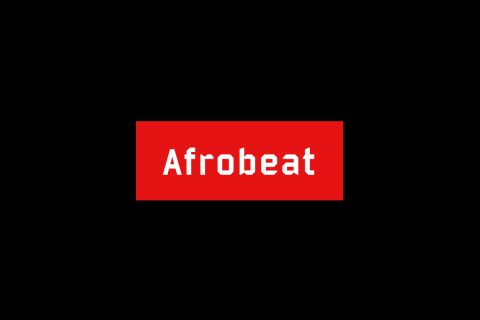
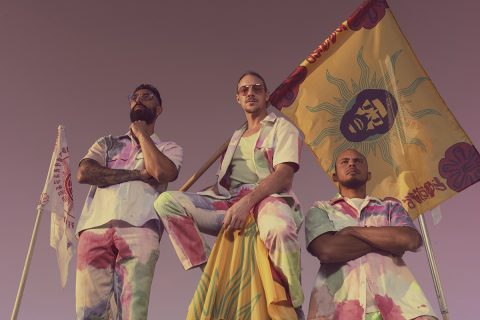
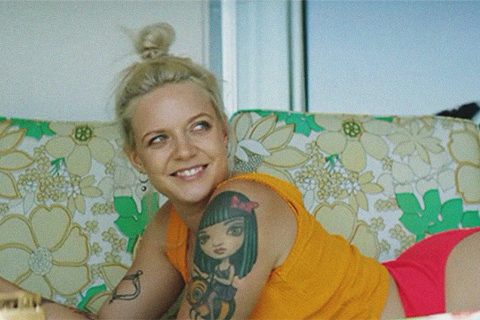
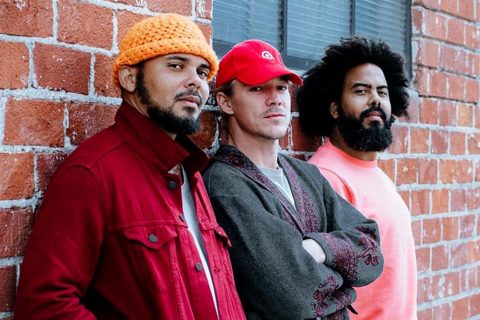
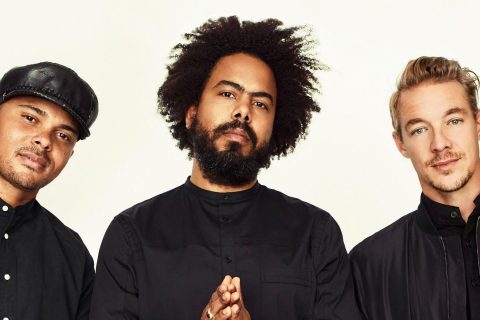
Comments